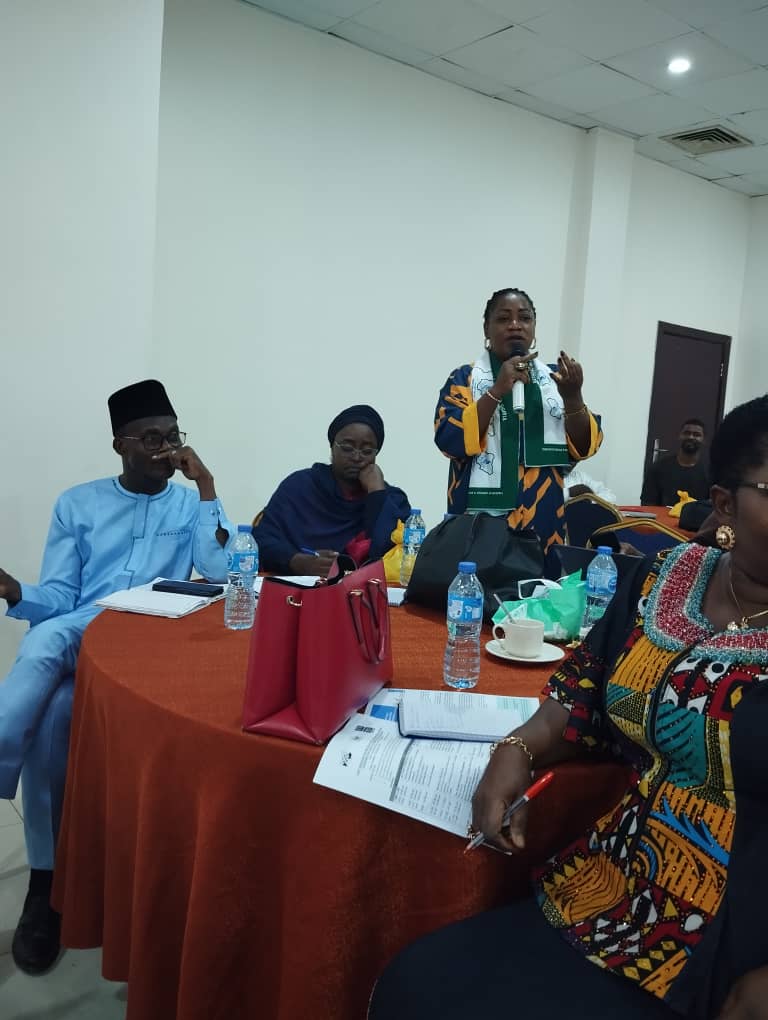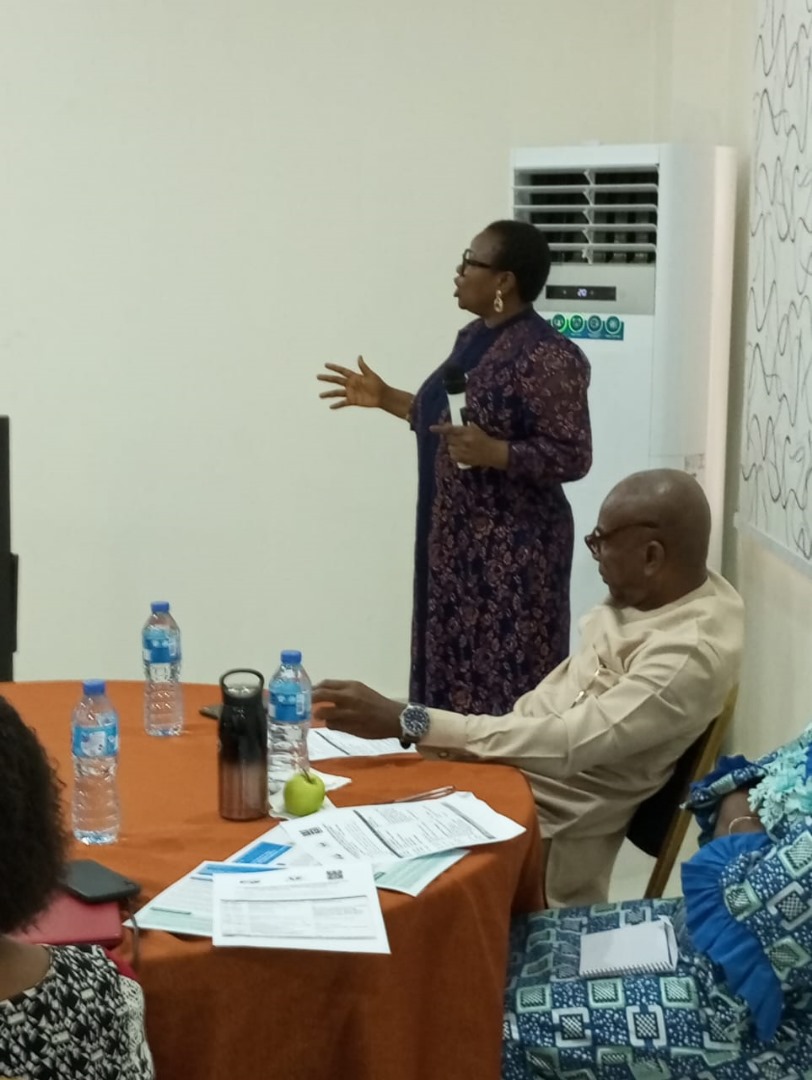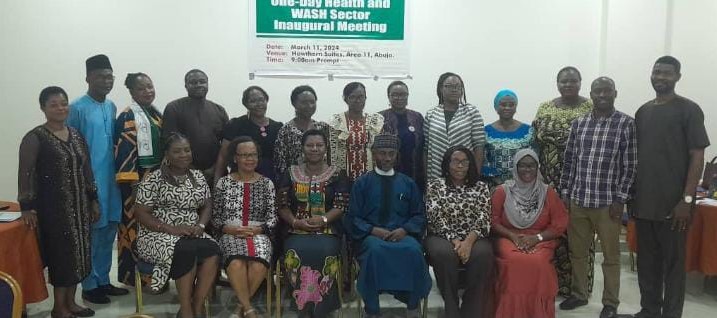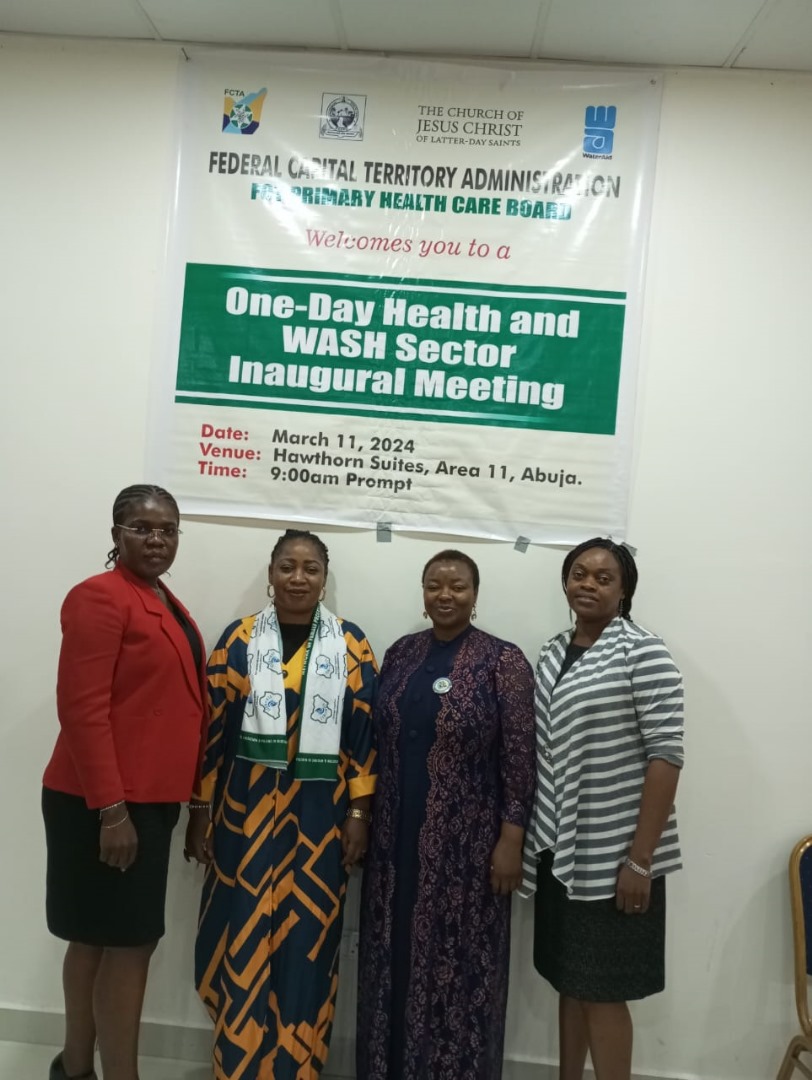FEMinWASH a nongovernmental organization and network of Female Professionals in Water, Sanitation and Hygiene (WASH) in Nigeria has been inaugurated as a member of the infection prevention and control coordination team at the Federal Capital Territory (FCT) Primary Healthcare Board.
The event was coordinated by the Acting Director, Disease control, FCT PHCB at a forum
for the implementation of the core components recommended by the WHO for effective prevention and control through ensuring that safe, sustainable and inclusive WASH services are in place across all health programmes.

It was observed that Bwari Area Council ranks low on indices of WASH in PHC with 42% of PHCs with access to basic water supply services, 7% with access to basic sanitation and only 14% with access to hygiene services, in addition to that, the basic medical waste management and environmental cleaning services were poor, and as low as 0% and 7% respectively.

A report prepared on behalf of FEMinWASH by Adefunke Adediran further revealed that there are few functional hand washing stations at the points of care in facilities which impacts the ability to mitigate the spread of infectious diseases through hand washing at specific critical times.
“So, with all the evidence-based project, Bwari area council was selected and implementation will be done within six months.

“The project will focus on construction/rehabilitating water facility, sanitation facilities and installing hand washing which will be reticulated to care with particular attention to the health of workers and patients.
“WaterAid will work in partnership with the FCT primary healthcare board, WASH agencies, area council department of health services, community leaders, and civil society organizations to improve access to services; provide hygiene education, and strengthen the capacity of health workers on the operation and maintenance of the facilities…”





